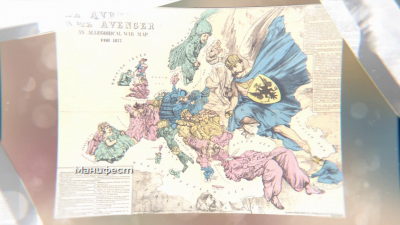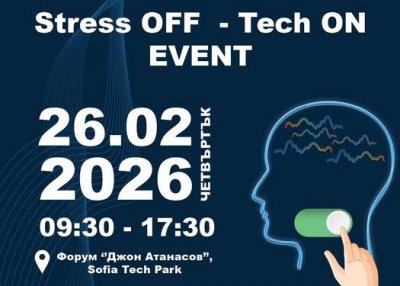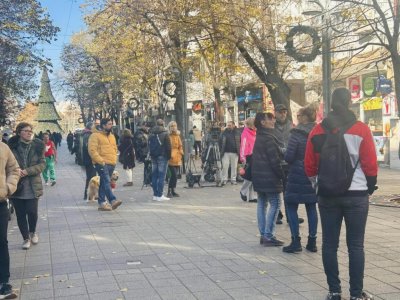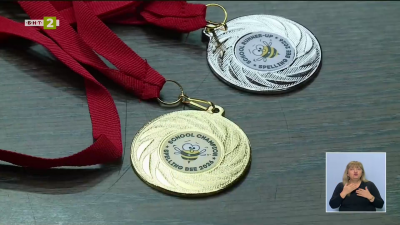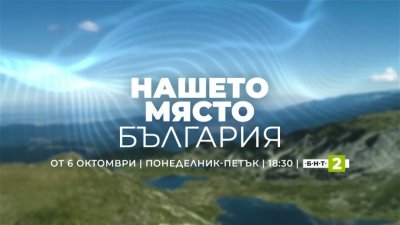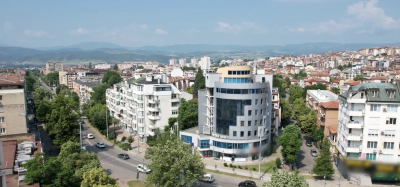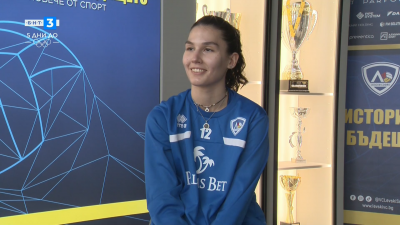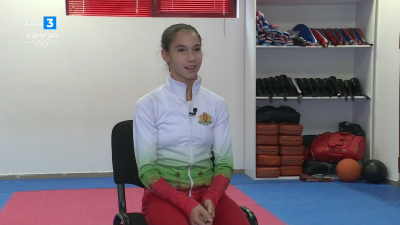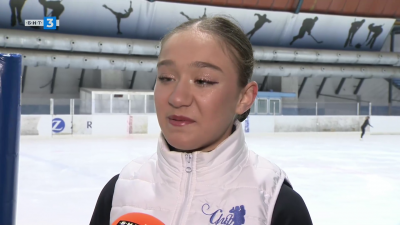President Radev: Republic of North Macedonia’s membership in the EU is extremely important for the region
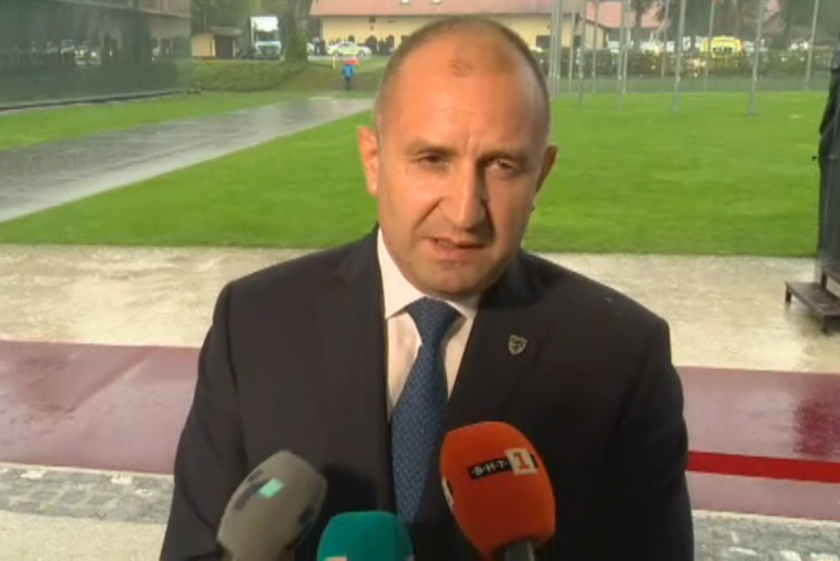
European leaders and the countries of the Western Balkans gather in Slovenia for a summit. The Union is expected to reaffirm its commitment to the region, but without a specific date for the joining of the six countries. The central topic for Bulgaria is the progress of the Republic of North Macedonia. President Rumen Radev represents Bulgaria in the summit..
The membership of the Republic of North Macedonia is extremely important for the region. In May, we found the relationship in a cul-de-sac. We found Bulgaria misunderstood and isolated in the European Union, the essence of the problem is the systemic 'de-Bulgarianization', said President Rumen Radev in Slovenia.
The systematic destruction of the Bulgarian cultural and historical heritage in this country. Our positions are clear - as long as this process continues and basic rights are suppressed, we cannot say "yes" to the project. This is not a veto, it is not stopping the process, we must respect European principles, we must eradicate hate speech, distorted picture and misinterpretation of Bulgaria from textbooks, museums, monuments, public speaking, state policy, then our people are ready to say “yes.” We want clear legally binding documents for this process," added Rumen Radev.
According to him, the key to Bulgaria's consent is not complicated, but depends on the Treaty on Friendship and Good Neighbourliness, signed in 2017.
"The historical truth in relations with Bulgaria should be recognised, it is time for historical compromises and reconciliation, it is necessary to move on from 'Macedonianism'," the head of state added.
According to him, the protocol is expected to be ready in early November.
Bulgaria and the Republic of North Macedonia are working under Protocol 5 + 1, which should contain legally binding guarantees for the implementation of the decisions taken in the 2017 agreement.
The protocol will contain six points, some of which are for the Macedonian Bulgarians to be written on an equal footing with the other irregularities in the Constitution of the Republic of North Macedonia, to stop the falsification of the historical truth. And more: To change the curricula; to stop the persecution of people who identify themselves as Bulgarians in the Republic of North Macedonia, as hundreds of signals are coming to Bulgaria, against the background of the census in our south-western neighbour; the state leadership in Skopje to clearly and categorically break with the ideologies of the totalitarian past.
This became clear after two key meetings, which lasted unusually longer than planned, with President Radev and Zoran Zaev, at the invitation of EU Enlargement Commissioner Oliver Varhely. And a second meeting, again with Zaev, Angela Merkel and Emmanuel Macron, in which, according to information from diplomatic sources, Radev was under enormous pressure Bulgaria to change its position.
"A very important meeting with the Western Balkans today. We want to send a very clear message and that is that the Western Balkans belong to the European Union. We want them in the EU. We are one European family. We share one history, we share the same values. And I am deeply convinced that we have one destiny. The six Western Balkan countries have come a long way. They have made incredible efforts and made many reforms. I know that there is still a lot of work to be done - in the area of rule of law, judicial system, freedom of the media. But I also think that we should acknowledge their efforts and progress," said European Commission President Ursula von der Leyen.
"Last night we had a very good toast to the role of the European Union at international level. We feel that we are getting closer and closer. We are convinced that we should join forces. It is important to be together and to reduce our dependencies. We want more influence around the world so that we can promote our values and defend our interests," added European Council President Charles Michel.
Bulgaria also insists that the guarantees be derived at the level of Council of the EU, and not to be part of the Stabilisation and Association Process, where Bulgaria has no right of veto. After Radev's meeting with Varhely and Zaev, and the meeting with Merkel, Macron and Zaev, the German Chancellor, the French President and Republic of North Macedonia’s PM remained silent.
Get the latest news wherever you are!
Follow us on
Facebook
and
Instagram
Follow BNT’s YouTube channel
You can now also watch us on
TikTok
Find us on
Google News







